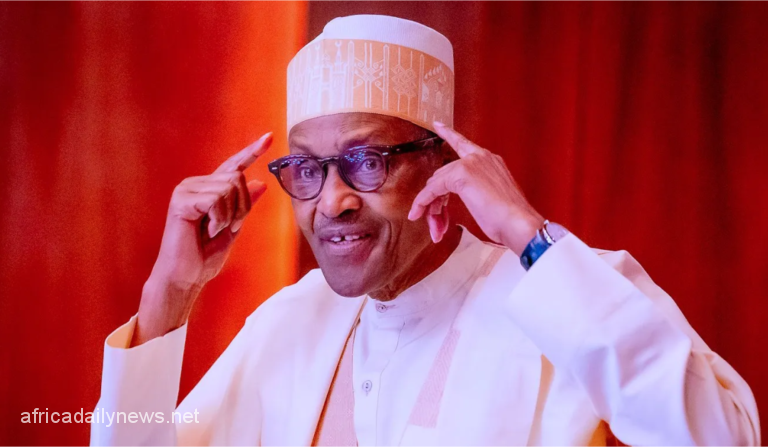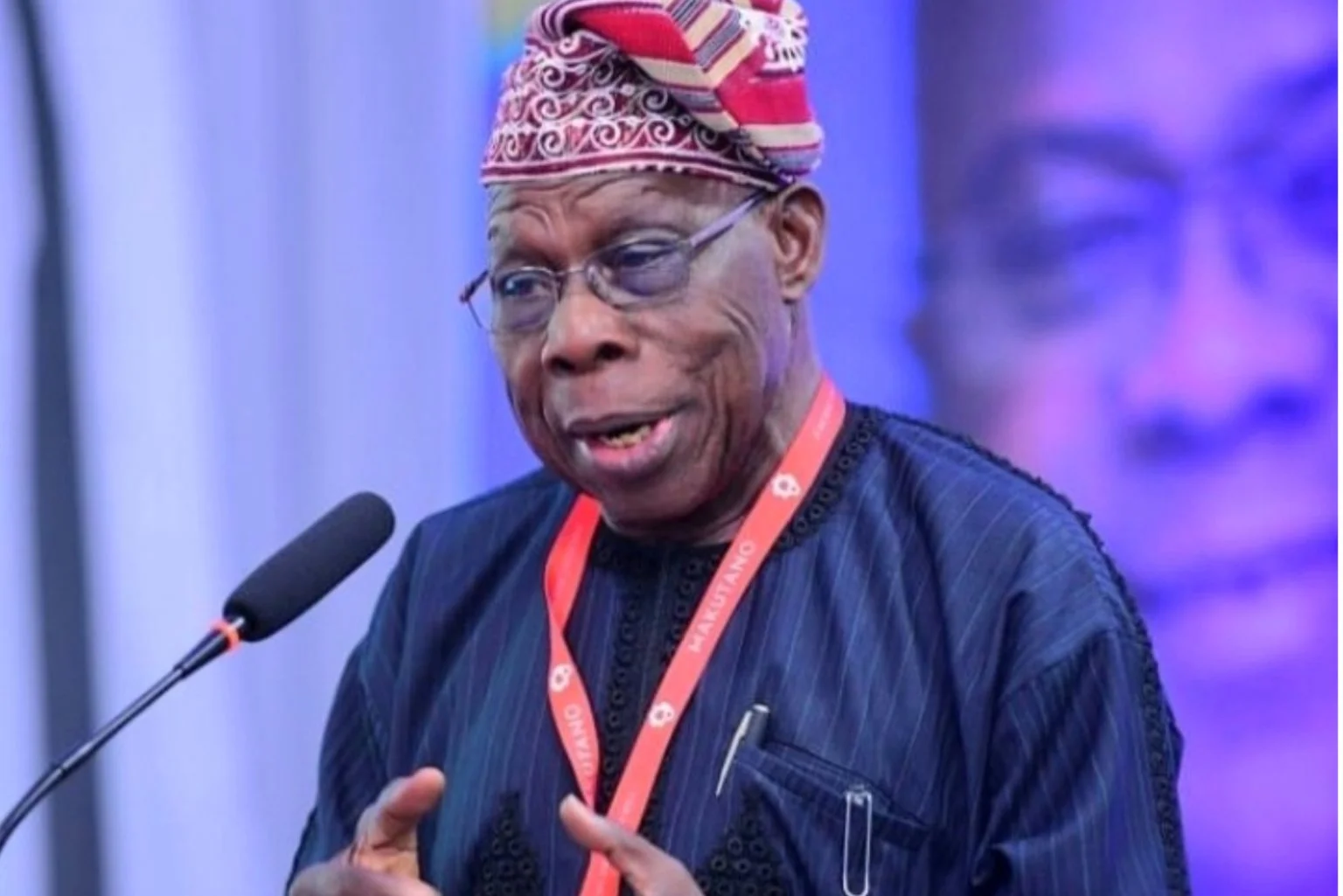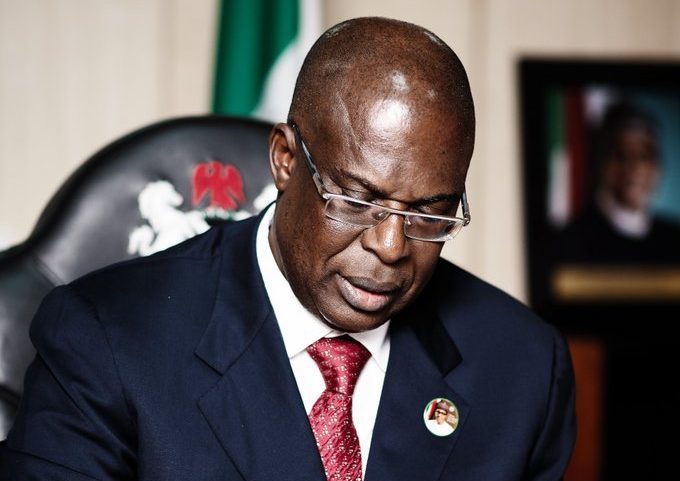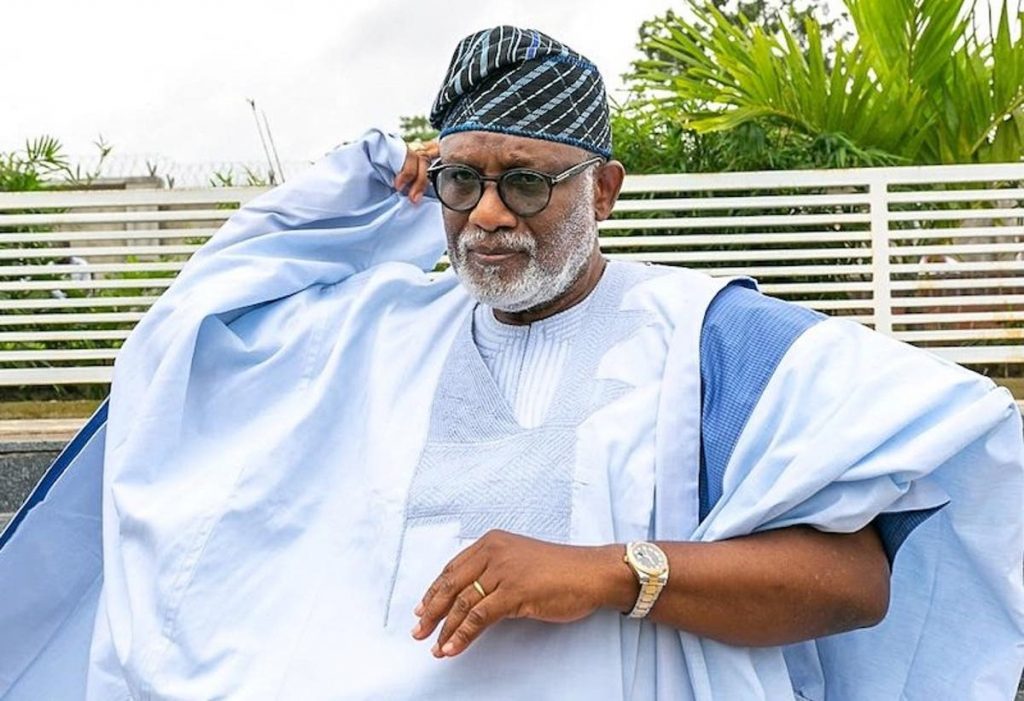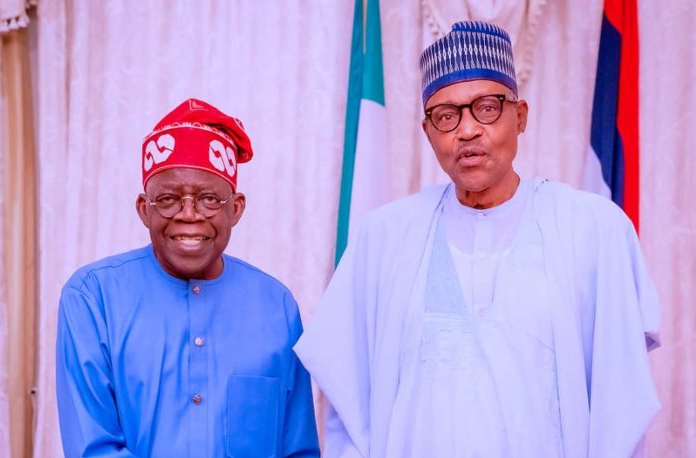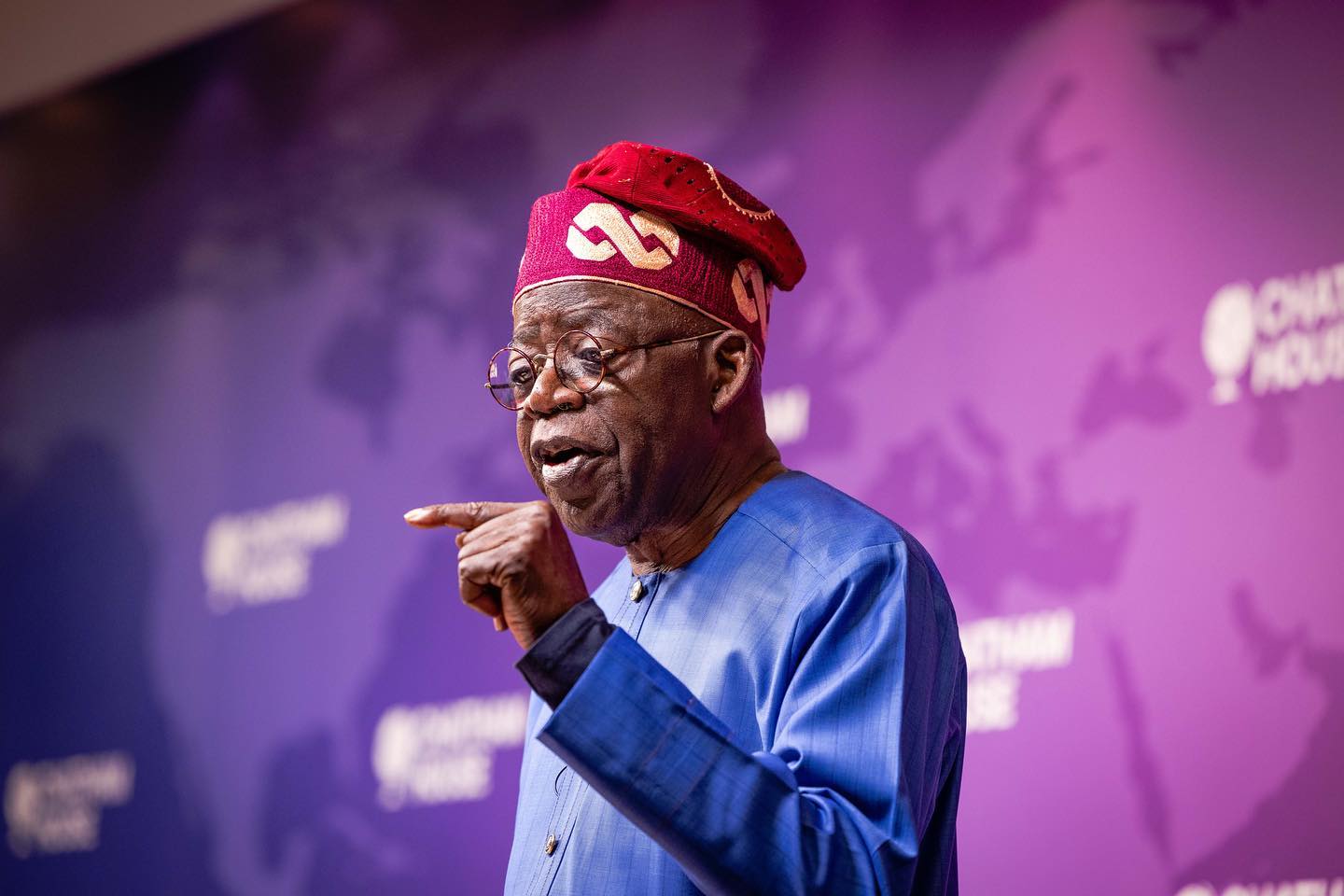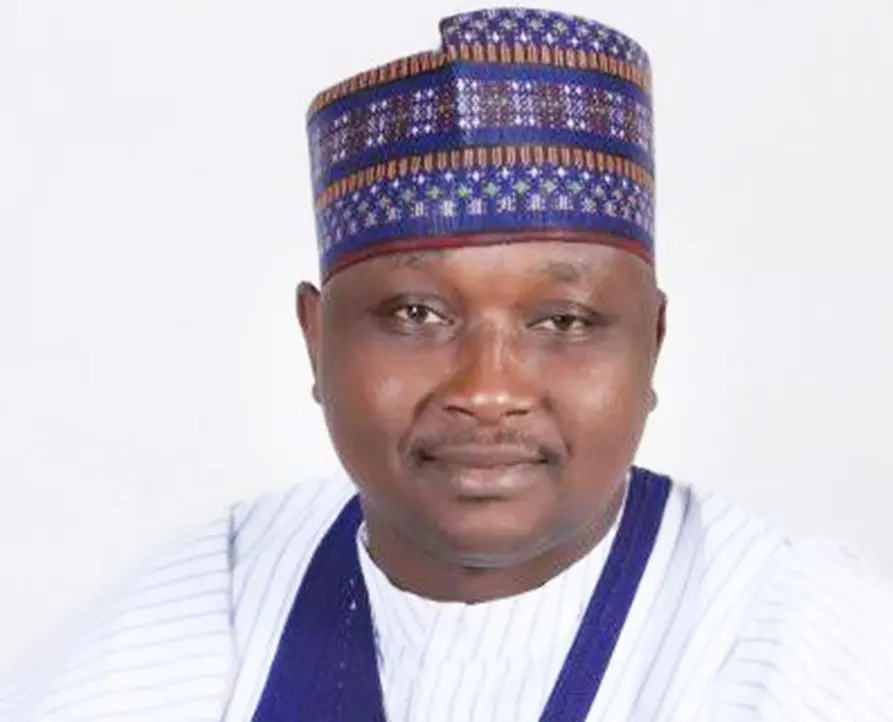President Muhammadu Buhari yesterday made a strong case for the removal of fuel subsidy in 2023, asserting that the policy is not in any way sustainable considering current economic realities.
He shared the position while presenting the 2023 budget proposal to the National Assembly which was pegged at N20.51 trillion.
He said, ‘Petrol subsidy has been a recurring and controversial public policy issue in our country since the early eighties.’
Read Also: Return Africa’s Stolen Assets, Artefacts, Buhari Warns West
“However, its current fiscal impact has clearly shown that the policy is unsustainable. As a country, we must now confront this issue taking cognizance of the need to provide safety nets to cushion the attendant effects on some segments of society.”
President Muhammadu Buhari says the petrol subsidy policy is ‘unsustainable’, reiterating that it would go next year (2023). He also says his government is working to tackle youth unemployment. #CTVTweets#2023BudgetPresentation pic.twitter.com/btD028La4b
— Channels Television (@channelstv) October 7, 2022
According to the President, discontinuing the policy is necessary for the country to manage limited resources.
‘As we seek to grow our government revenues, we must also focus on the efficiency of utilization of our limited resources,” he said.
“Critical steps we are taking include immediate implementation of additional measures towards reducing the cost of governance and the discontinuation of fuel subsidy in 2023 as announced earlier.’
The President, however, hinted that provisions would be made to cushion the effects of subsidy removal.
‘We are however mindful of the fact that reducing government spending too drastically can be socially destabilizing, and so will continue to implement programmes to support the more vulnerable segments of society,’ he said.
The N19.76 trillion proposed for the 2023 budget represents a 15.37 percent increase on the 2022 budget.
In reviewing recent economic developments, the President warned of the dangers of revenue shortfalls.
‘Mr. Senate President and Rt. Honourable Speaker, revenue shortfalls remain the greatest threat to Nigeria’s fiscal viability,’ he said.
To check that threat, he explained that the Federal Government has accelerated efforts towards ensuring that all taxable Nigerians declare income from all sources and pay taxes due to the appropriate authorities.

